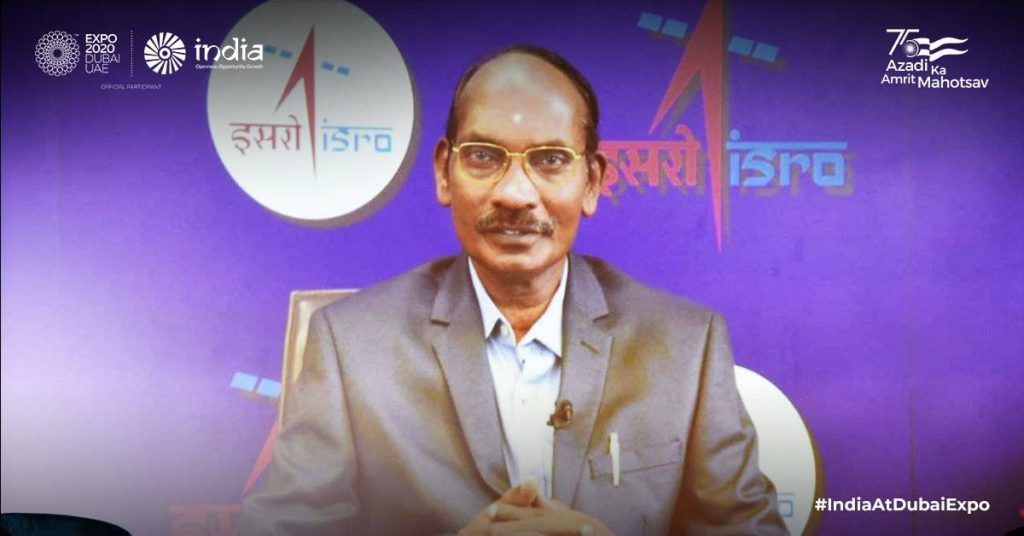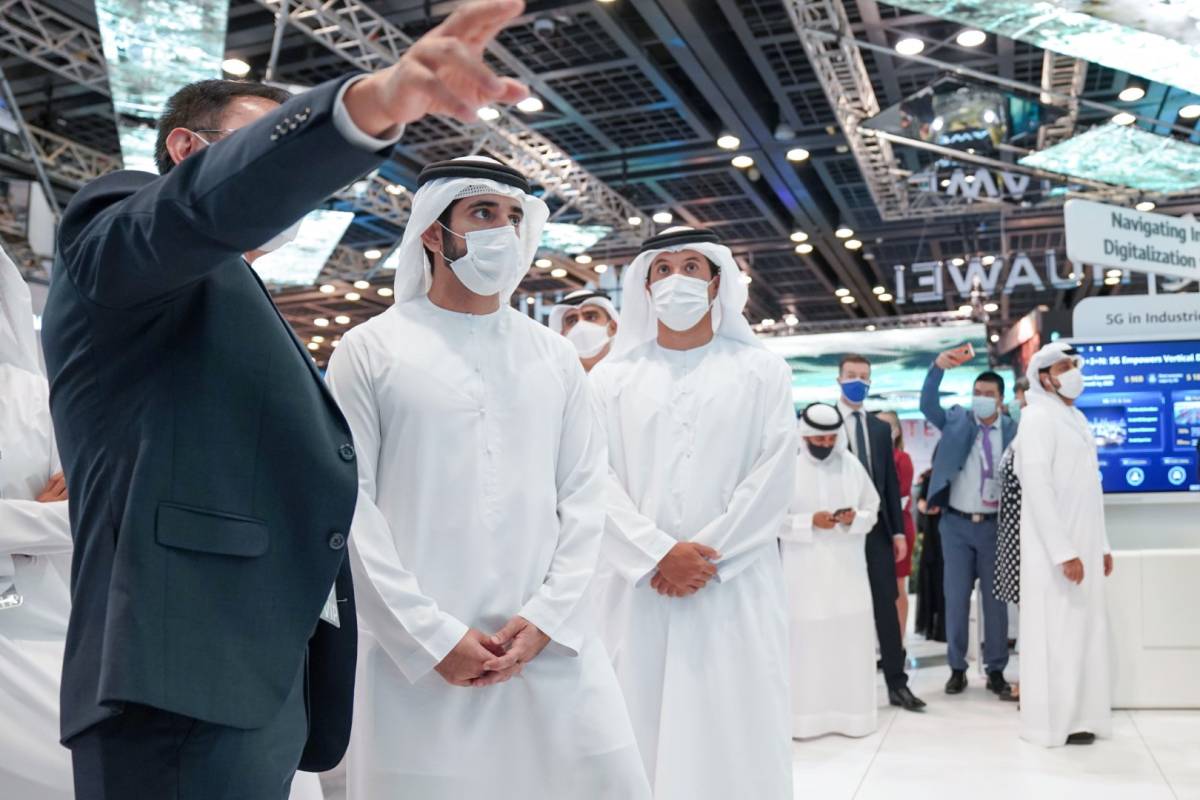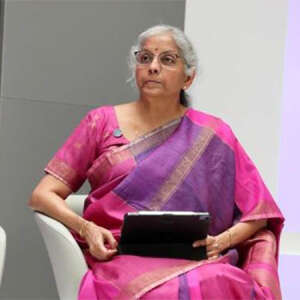ISRO Chief K. Sivan emphasised that recent reforms in the sector has ensured that the role of the private sector has evolved from being just suppliers to partners in the process…reports Asian Lite News
India is revising its existing policies and is also in the process of bringing in new ones to increase industry participation in the space sector, Indian Space Research Organisation (ISRO) Chairman Dr K. Sivan said on Sunday.
Sivan, who is Secretary, Department of Space, said this, via a video message during the inaugural session on ‘Future of Space-International Participations and Collaborations’ at The India Pavilion, Expo 2020 Dubai.

He emphasised that the recent reforms in the sector has ensured that the role of the private sector has evolved from being just suppliers to partners in the process. He also highlighted that space is one of the significant areas that India is looking at for international cooperation.
“I hope space cooperation will further strengthen with commercial and technological collaborations,” said Sivan, adding that Indian industry has to play a big role in the space sector globally.
India is planning to boost the space sector in the global market. With an aim to make the country an economic space hub in the future, it also recently launched a new industry body, the Indian Space Association (ISpA).
Sivan said that the government is open to inviting private players in the space sector and ISRO is tying up with start-ups and industries.
“India is focussing on international collaborations, including bilateral and multilateral partnerships,” he said.
In the recent past, the ISRO has also joined hands with Niti Aayog, and Department for Promotion of Industry and Internal Trade (DPIIT) to encourage space start-ups in the country.
ALSO READ: ‘India’s Pavilion Strategically Located at Expo’
However, Sivan emphasised on the need to make outer space safe and that it is a collective responsibility of the government and non-government agencies to ensure that.
The six-month-long Expo 2020 Dubai, which began early on October 1, will run till March 31, next year. Among the 192 participating countries, India has the biggest pavilion in the expo. Fifteen states and nine central ministries from India are participating in this expo.
The India Pavilion features an innovative kinetic facade made up of 600 individual colourful blocks. It is developed as a mosaic of rotating panels that will depict different themes as they rotate on their axis. It represents the theme of ‘India on the move’ and is a unique amalgam of the rich heritage and technological advances of the nation, according to an official statement.
Earlier, the Indian National Space Promotion and Authorisation Centre’s (IN-SPACe) Chairman-designate Pawan Kumar Goenka had said that he would soon fix a target for Indian private players’ share in the global space market and bring in corporate culture to achieve it.
He also said issuing the regulatory clearances for the private sector will be his priority. IN-SPACe is the regulator for the private players in the Indian space sector and Goenka has been named as its Chairman.
Goenka said: “The global space sector market is about $440 billion and India’s share is less than two per cent.”
He said in the coming days he will fix the target for India’s share in the global space market and work towards that.

Goenka, a former Managing Director of Mahindra & Mahindra Ltd said in the corporate world, a strategy would be defined, market share target will be fixed, and responsibility for achieving it will also be fixed. A similar model will be implemented for the private space sector.
In the coming days, Goenka said he would fix the target, define the timeline and the action plans to achieve the same.
According to him, the total investment by the private space start-ups is only $21 million while the opportunity for suppliers at the global level is large.
Citing products like lithium-ion batteries developed by Indian Space Research Organisation (ISRO), Goenka said he would look at spreading that technology amongst the automobile sector.
“More than 40 proposals from private space sector companies have come, which are being examined,” Indian Space Research Organisation (ISRO) Chairman K.Sivan said.













